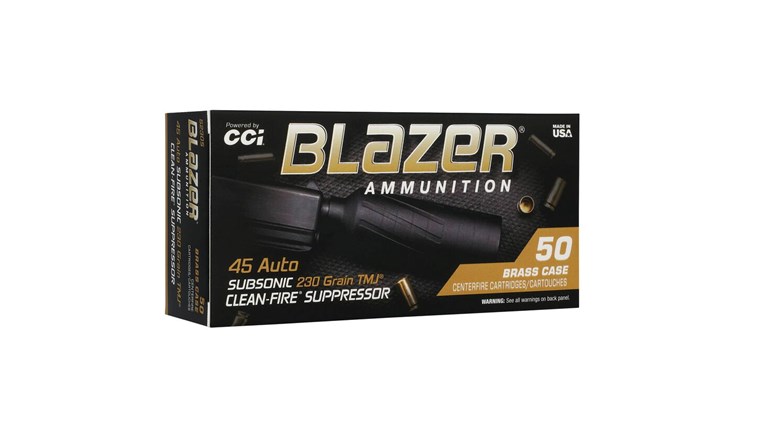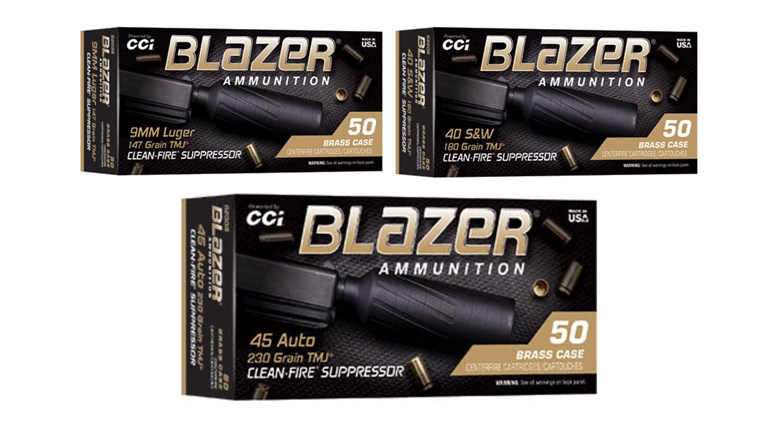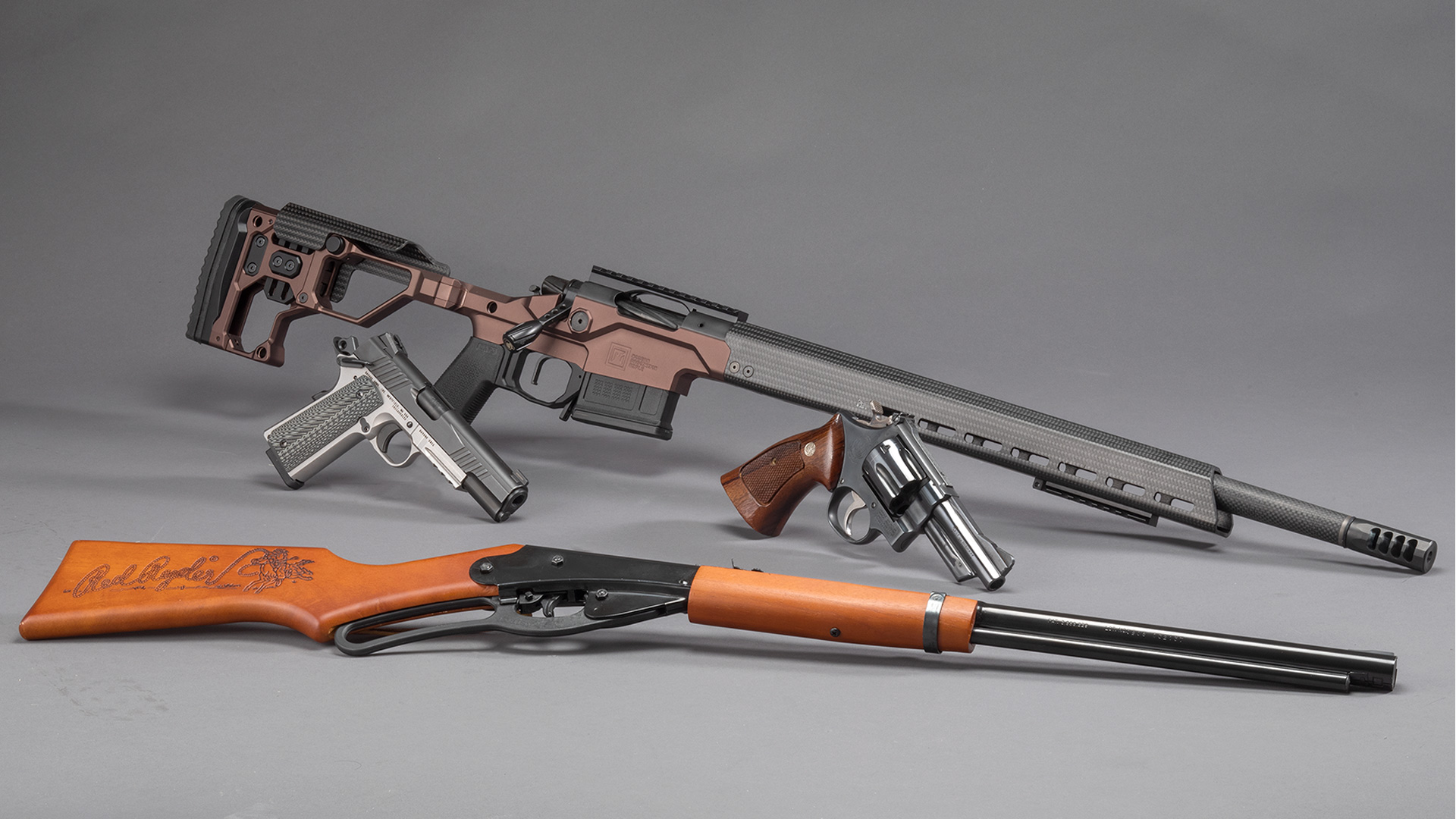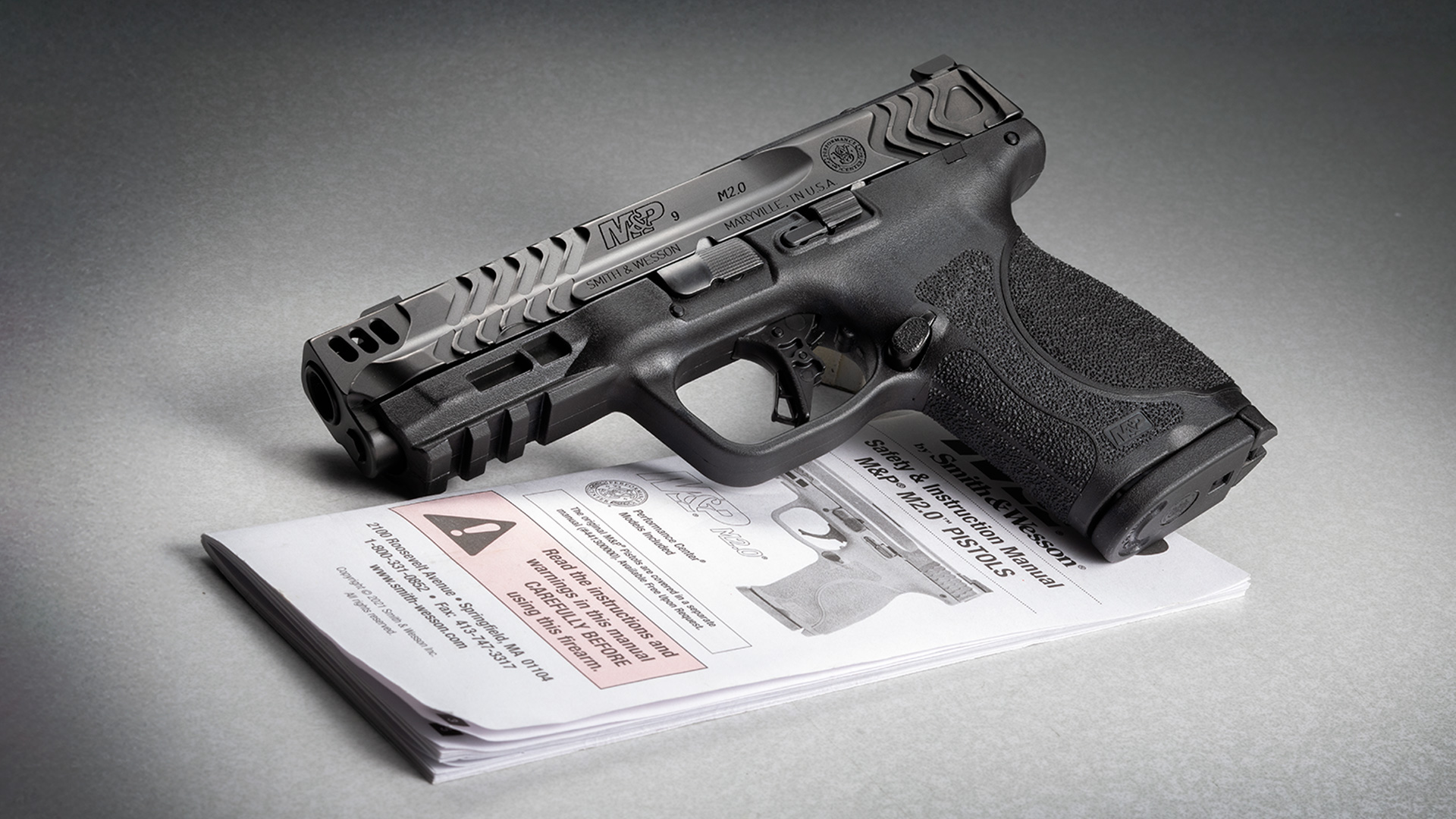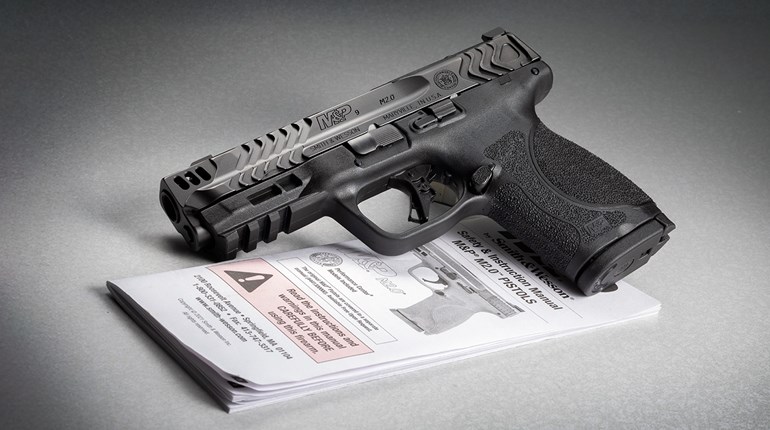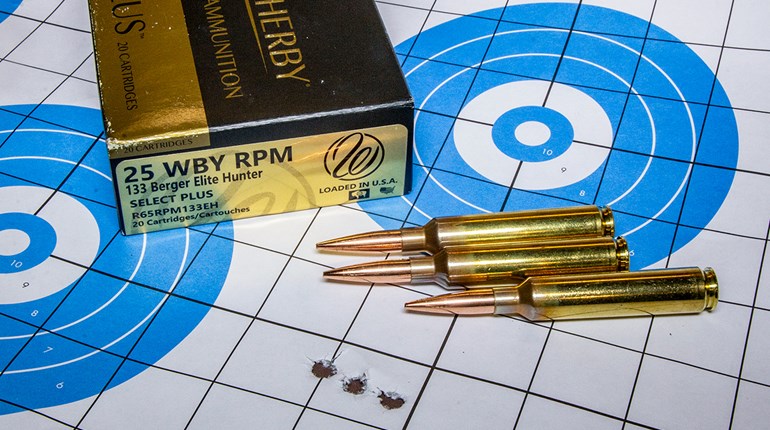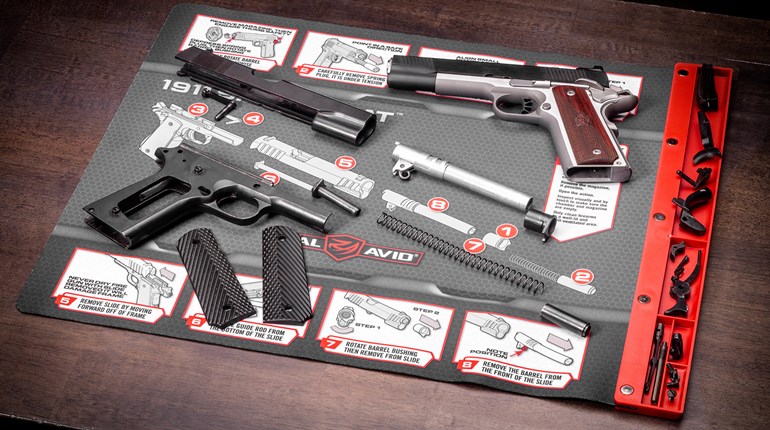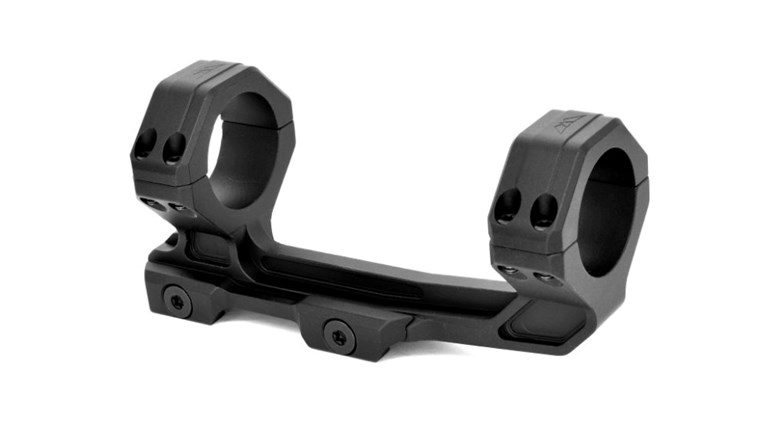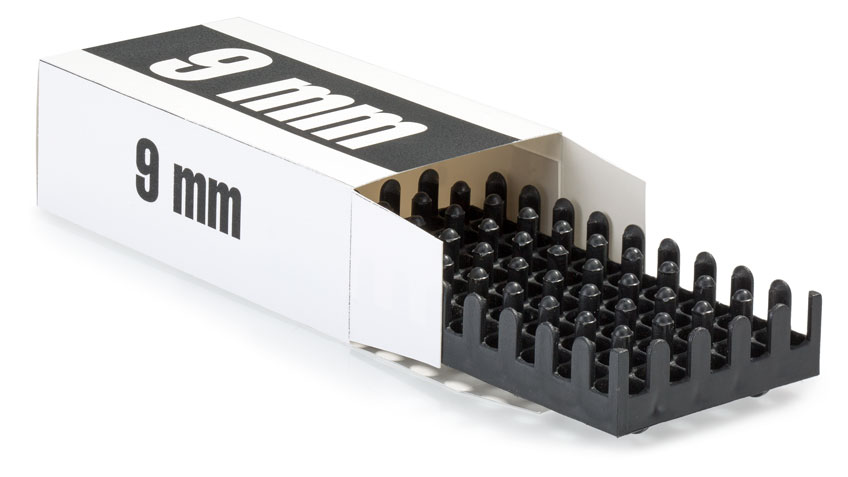
Fake news hit high tide when cartridges and components vanished from store shelves and website inventories. The tsunami of misinformation drowned out common sense and customer-service lines, with every manufacturer flooded with complaints, many of them conspiratorial in nature. Lizard people are not stockpiling ammo, nor is it Russian malware at work, according to the experts contacted by Shooting Illustrated.
“There are a lot of rumors right now about ammunition and components not making their way to retail that are just not true,” Jason Vanderbrink, Vista Outdoor president, cautioned. “We are running our CCI/Speer and Federal factories 24/7 and shipping products for commercial distribution every day.”
Jason Hornady, vice president at Hornady Manufacturing, concurred, adding perspective to the current demand. “We have orders that would be the equivalent of two and a half years of production,” he said.
SIG Sauer Chief Marketing Officer and Executive Vice President of Commercial Sales Tom Taylor agrees sales are simply outpacing production capacity. “Demand has far exceeded our manufacturing capability, but we’ve still been able to double our shipments in all categories.” He added, “We have greatly expanded our work force and are running three shifts in our factory.”
Measured Expansion
Every company Shooting Illustrated contacted indicated their respective workforces have been bolstered, shifts added and expansion plans are in the works. The latter requires meticulous planning, however, as well as painful months or years waiting for permit approval and often time-consuming re-zoning before construction begins. Powder, cartridge and primer manufacturing, after all, are not everyone’s concept of an ideal neighbor. Even well-established factories encounter regulatory delays when expanding operations.
Additionally, ammunition demand tends to be cyclic, which means there’s fiscal risk in making unplanned and rushed investment in new machinery and facilities. Hornady explained, “We have planned for growth regardless of these super-demand surges and that’s what we call this, a super demand, not a shortage. It’s very similar to the toilet-paper shortage—nobody used more or less toilet paper than they did a year ago…” He noted, though, sales today are, “… very different, because we have added 7 million new shooters that weren’t there before, but everything we do is for growth that we were planning on, regardless… The thing is, you can’t build your capacity based around these events.” He cited the 1993 Brady Bill, the Y2K scare, the Sept. 11 terrorist attacks and President Barack Obama’s election and re-election as other times ammunition demand soared temporarily, followed quickly by stalling sales and stockpiled inventory.
Taylor said his company also has plans for growth in the works, but in the meantime, “SIG Sauer has added capacity, equipment, people, shifts and every resource we can find to expand production to meet as much market demand as we can.”
Raw Material Availability
Availability of raw material during the pandemic has also been a concern. “We did have the foresight to bring in about six months’ worth of inventory when COVID really hit, which made a huge difference and that’s why we were able to keep running,” according to Hornady. “Had we not done that, we probably would be having a hard time.”
Taylor did not note any struggle with component supply, but did admit primers were the most constrained item. He noted that 9 mm and 5.56 NATO are the cartridges currently being produced in highest volume at the factory. Over at Hornady, it’s the same.
Light at the End of the Tunnel
Expansion of factories and purchasing the specialized machinery may seem painfully slow to ammo-starved enthusiasts, but there is a light at the end of this shortage tunnel. One of the nation’s largest cartridge producers ground slowly to a halt during Remington’s bankruptcy proceedings last year, and some of its workers are already back at work. “We’re proud to now own and operate the Remington ammunition factory in Lonoke, AR, and are excited to get that great facility back up to full capacity in the coming months,” Vanderbrink said.
Gun owners should keep in mind this is the most demanding market in history by far. Retailers and consumers are frustrated, but manufacturers have added as much capacity as possible to meet demand.














